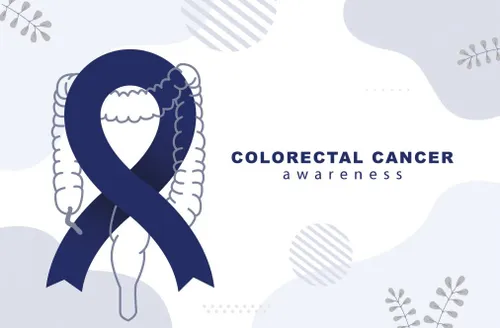Cancer Cases
In recent years, medical professionals have sounded the alarm about a troubling trend: a significant rise in colon cancer cases among adults under 50. This shift in the demographic profile of the disease has raised concerns across the healthcare community, prompting calls for increased awareness, early screening, and preventive measures. As more younger adults are being diagnosed with colon cancer, understanding the factors contributing to this trend and exploring strategies for addressing it have become critical.
Table of Contents
The Changing Landscape of Colon Cancer
Traditionally, colon cancer was predominantly associated with older adults, particularly those aged 50 and above. However, recent studies indicate a growing incidence of the disease among younger populations. According to data from the American Cancer Society and various cancer research organizations, the rates of colon cancer among adults under 50 have been steadily increasing over the past few decades. This shift is concerning, as it suggests that the disease is impacting a demographic that was previously considered at lower risk.
The rise in cases among younger adults has been attributed to a combination of factors, including lifestyle changes, dietary habits, and genetic predispositions. While the exact reasons for this increase are not fully understood, researchers and healthcare professionals are actively investigating the underlying causes to develop more effective strategies for prevention and treatment.
Risk Factors and Lifestyle Considerations
Several risk factors have been identified as potential contributors to the rise in colon cancer cases among younger adults. These include:
- Diet and Nutrition: Diet plays a significant role in colon cancer risk. Diets high in processed foods, red meat, and low in fiber have been linked to an increased risk of developing the disease. The modern dietary patterns, which often include excessive consumption of fast food and sugary beverages, may be contributing to the higher incidence of colon cancer in younger populations.
- Obesity: Obesity has been identified as a key risk factor for colon cancer. The increasing prevalence of obesity among younger adults may be influencing the rising rates of the disease. Excess body fat, particularly in the abdominal area, has been associated with an elevated risk of colorectal cancer.
- Sedentary Lifestyle: Physical inactivity is another risk factor for colon cancer. The sedentary nature of many modern lifestyles, characterized by prolonged periods of sitting and limited physical exercise, may be contributing to the higher incidence of the disease.
- Genetic Factors: While lifestyle factors are significant, genetics also play a role in colon cancer risk. Certain hereditary conditions, such as familial adenomatous polyposis (FAP) and Lynch syndrome, increase the likelihood of developing colon cancer at a younger age. Increased awareness and genetic screening for these conditions are crucial for early detection and preventive measures.
The Importance of Early Detection
Early detection is critical in managing colon cancer, as it significantly improves treatment outcomes and survival rates. The rising incidence of colon cancer among younger adults has highlighted the need for earlier screening and diagnostic procedures. Traditionally, screening for colon cancer began at age 50, but current guidelines are being reevaluated in light of the increasing cases among younger individuals.
The American Cancer Society now recommends that individuals with an average risk of colon cancer begin screening at age 45. For those with a family history of the disease or other risk factors, screening may need to start even earlier. Regular screening methods, such as colonoscopies, can detect precancerous polyps and early-stage cancer, allowing for timely intervention and treatment.
Public Awareness and Preventive Measures
Raising public awareness about colon cancer and its risk factors is essential for combating the rising incidence among younger adults. Educational campaigns should focus on the importance of healthy lifestyle choices, including balanced diets, regular physical activity, and maintaining a healthy weight. Additionally, increasing awareness about the symptoms of colon cancer—such as persistent abdominal pain, changes in bowel habits, and unexplained weight loss—can help individuals seek medical attention promptly.
Conclusion
The rising incidence of colon cancer among adults under 50 is a significant public health concern that demands immediate attention. By understanding the contributing factors, promoting early detection, and encouraging preventive measures, we can work towards addressing this troubling trend. The collaborative efforts of researchers, healthcare providers, and the public are essential in combating the increasing rates of colon cancer and ensuring better health outcomes for future generations.
As we navigate this evolving challenge, a concerted focus on prevention, early diagnosis, and lifestyle modifications will be pivotal in reversing the rise in colon cancer cases among younger adults and improving overall colorectal health.








